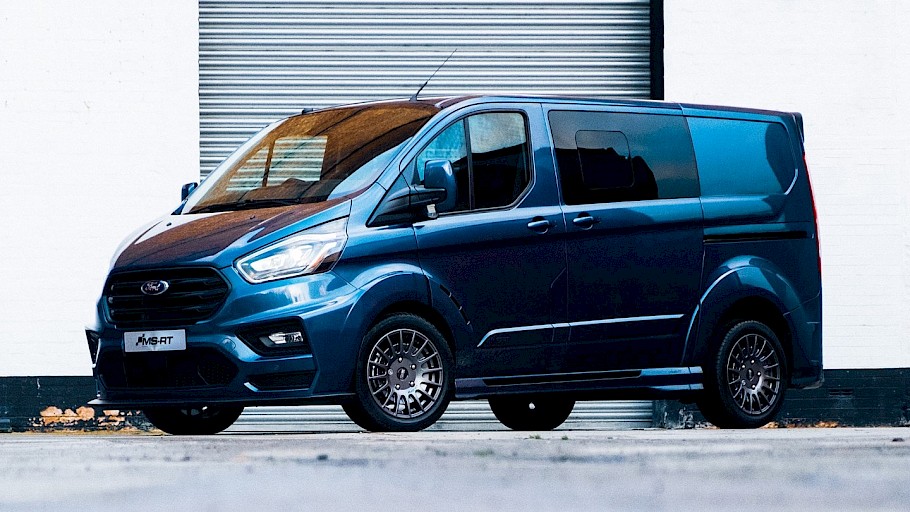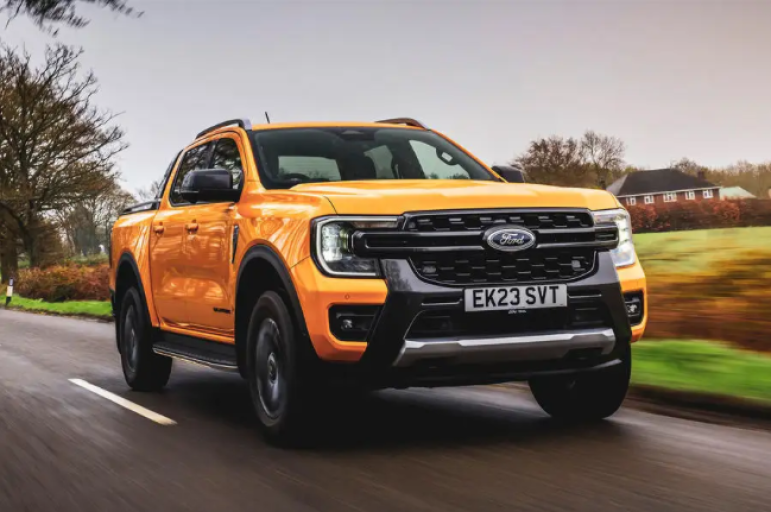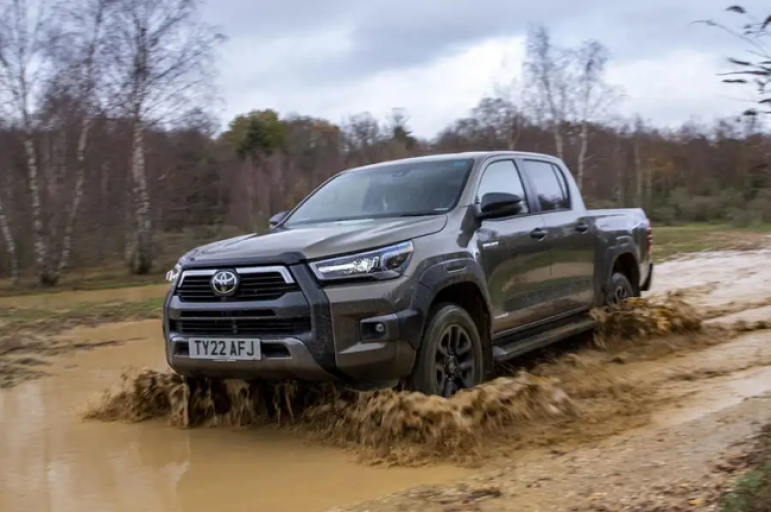You may have heard in the media that the tax rules on pick-up trucks and other similar double cab vehicles have changed. So, what does that mean for you?
After a case involving Coca-Cola in the Court of Appeal, the classification of double cab vehicles will change on 1 July 2024 to align with the rules for cars for Benefit-in-Kind (BIK) purposes.
This means that, instead of charging a fixed rate, the benefit will be charged based on the vehicle’s fuel emissions. As there has been no major political movement to reduce the emissions on commercial vehicles, those remain quite high.
The resulting benefit charge on an average double cab vehicle and associated fuel could increase from £4,500 to over £25,000. For lower rate taxpayers this could amount to an increase of tax and NIC of over £6,600. For higher rate taxpayers it could be over £8,800.
However, if you use your vehicle 100% for business purposes with only negligible private use, the rules will have no effect on you because you won’t be charged a benefit in kind anyway.
The silver lining is that, for VAT purposes, pick-ups will continue to be treated as commercial vehicles. This means that businesses will still be able to claim 100% of the VAT on purchase, lease, and running costs. However, now that the BIK door has been opened, I would put good money on the VAT treatment of these vehicles being the next thing HMRC choose to attack.
There are transitional rules in place though. Any vehicle purchased, leased, or ordered before 1 July 2024 will retain the previous treatment until the earlier of disposal date, lease expiry, or 5 April 2028.
Note that this new treatment only affects directors and employees of Limited Companies. This change does not affect sole-traders and partnerships.
In conclusion, if you don’t use your double cab vehicle for private use, there will be little change to your taxation. Unfortunately, the same cannot be said for the value of your vehicle which may well take a nosedive.


